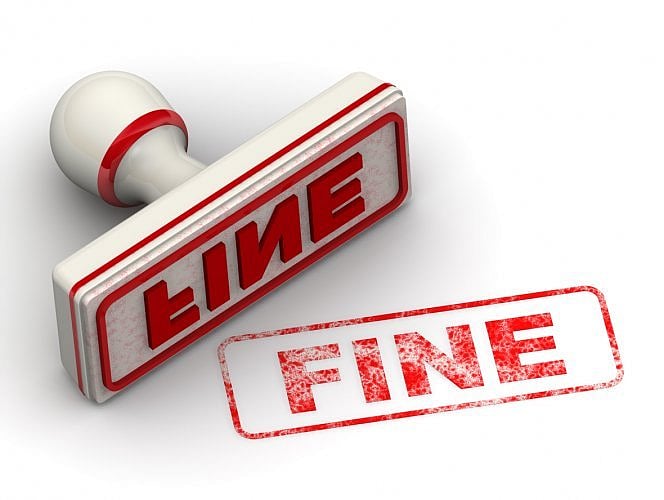
The National Consumer Disputes Redressal Commission (NCDRC) has imposed a Rs 1.5 crore fine on a private hospital in Delhi and the doctors concerned for a mix up which resulted in the sperm of a wrong person being used during an Assisted Reproductive Technique (ART) procedure performed on a couple.
The top consumer commission came down hard on ART clinics that have mushroomed in recent years and where "unethical practices" were "rampant". It said there was a need for their accreditation, besides making it mandatory for them to issue the DNA profile of the new born babies.
The commission was hearing a complaint by the couple, according to which the wife gave birth to twins in June 2009 through an ART procedure. However, as the blood group of the babies was not in consonance with the genetic transmission of possible blood groups from parents to the baby, a paternity test or DNA profile was conducted later which revealed the husband was not the biological father of the twins.
The couple moved the commission claiming Rs 2 crore as compensation for negligence and deficiency in service which created several issues for them, including emotional stress, family discord and fear of genetically inherited diseases.
"In my view, the instant case is of deceptive and unfair trade practices adopted by the opposite parties (OPs) who have forgotten professional ethics. Thus opposite parties 1-3 (the hospital, its director and chairman); also the opposite parties 4-6 (three doctors) are liable for the act of negligence and unfair trade practices…I fix the total lump sum liability of Rs 1.5 crore against the OPs," Presiding Member S M Kantikar said in a recent order.
He said the blood group report and the DNA profile "clearly proved" that the husband was not the biological father of the babies.
The commission said the family genealogy of the female twins was "irreversibly changed" and they might carry the "stigma" and face difficulties in future.
It said the negligence of the opposite parties was "conclusively established" and the hospital did not follow the guidelines prescribed by the Indian Council of Medical Research (ICMR).
"The opposite parties were just passing on their responsibility to one another…The hospital was duty-bound to provide quality services but indulged in misleading advertisements to allure the anxious infertile couples for ART and adopted unethical practices," the commission said.
Noting that the two girls were 14 years old now, the commission said the parents must have incurred several expenses and deserved "adequate compensation."
The commission said there was a need to formulate cultural and context-specific guidelines besides considering the potential risks to women's health and specifying the protocols to be followed during ART procedures.
"There is a need for non-technological solutions to infertility and the regulation of medical practice," it said.
The commission said ART clinics were adopting practices such as "moving to donor gametes very early" to increase their success rates and the "mixing of gametes and use of donor gametes" was done without the patient’s knowledge.
Gametes are an organism's reproductive cells. They are also referred to as sex cells. Female gametes are called ova or egg cells, and male gametes are called sperm.
"Mushrooming of ART clinics has led to incorrect treatment of patients. ART specialist requires correct knowledge about the physiology of ovulation as well as reproductive gynaecology and routine gynaecologists who do not have in-depth knowledge are also opening clinics as they think there is money in it," the NCDRC said.
It said incorrect treatment increased the emotional and financial stress of infertile people.
"Moreover mushrooming of the clinics has made rampant unethical practices in our country…There is a need for a prompt and fixed timeline for the accreditation of ART clinics from the authorities," the commission said.
"There is a need to make it mandatory for the ART Centres to issue the DNA profiling of a baby born through ART procedures," the commission added.
It said a copy of the order be sent to the National Medical Council and the Union Ministry of Health and Family Welfare to enable them to issue necessary directions to ART centres.